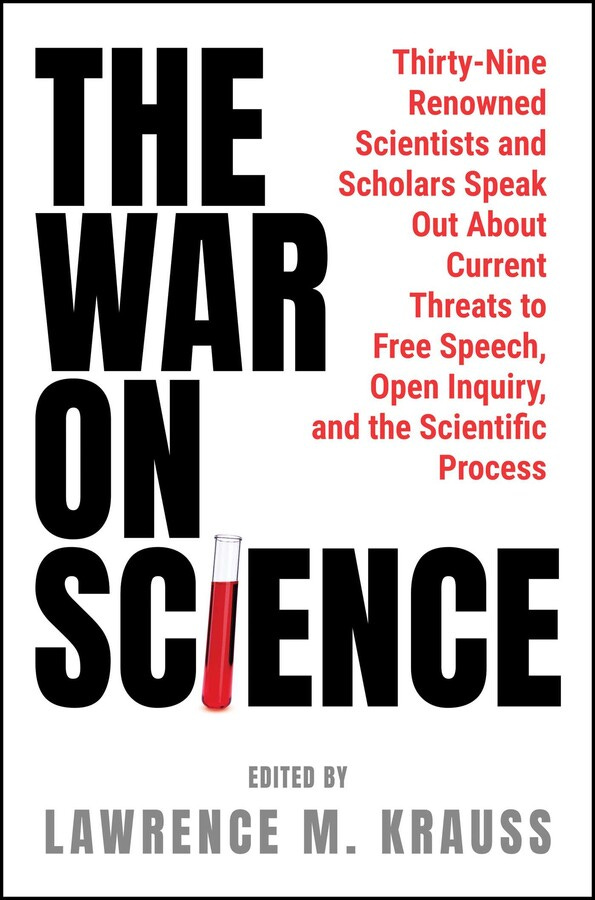When the Police Raid the Neighborhood: The Real Lesson of Science’s Politicization-Guest Post
Description
In a piece recently written for his substack site Maarten Boudry, one of the contributors to The War on Science makes an interesting analogy between attacking whistleblowers and attacking the book for describing an academic climate that has since produced a serious counteract. I reproduce his piece here with permission.
___________
Critical Mass is a reader-supported publication. To receive new posts and support my work, consider becoming a free or paid subscriber.
Imagine some people in your neighborhood are mixed up in organized crime—say drug trafficking. Some locals decide to blow the whistle because they worry that the whole community will get a bad reputation, and they start urging everyone else to speak up too. Most people, though, just keep their heads down, understandably reluctant to pick a fight with the gang leaders and their enablers.
And then someday a new mayor arrives in town, eager to look tough on crime. In a big show of force, he has the entire neighborhood raided. Dozens are arrested, including plenty of people who did nothing wrong. Shops are shut down, and community leaders are strong-armed into accepting harsh, sweeping measures against anything that looks even remotely suspicious.
Now, what would you think of someone who blamed the internal whistleblowers as follows:
“Why did you bad-mouth your own neighborhood when a much bigger threat was looming on the horizon? You kept harping about some petty crime that may or may not have happened, while the police were gearing up for a massive crackdown. You didn’t see where the real danger was coming from.”
That, in a nutshell, is the reaction from a lot of left-leaning academics and journalists to The War On Science, a new collection edited by the physicist Lawrence Krauss, to which I contributed a chapter along with 38 others (including
,
,
,
,
and
).
The collection, written and assembled before Donald Trump’s re-election, argues that scientific institutions have been increasingly captured by left-wing ideology: prestigious journals announcing the screening of submissions on political grounds; activists canceling and deplatforming speakers who stray from orthodoxy; Ivy League universities punishing students for using the wrong pronouns or other speech violations; professional societies embracing progressive doctrines on sex and gender that clash with their own disciplines’ evidence, and so on.
In short, we’re describing an internal assault on science, largely waged from within academia—a contemporary version of what student leader Rudi Dutschke once called a “long march through the institutions.”
In the time between the writing and publishing of our book, however, Donald Trump was re-elected as president, and started to launch a very different kind of “war on science” of his own: cracking down on prestigious institutions, slashing research funding on anything that smacks of progressive causes, and threatening scientific journals to scrap DEI initiatives and reinstate strict meritocracy.
So, is it true, as the kids say, that our book “didn’t age well,” becoming cringe-worthy and out of touch even before it hit the shelves? How could we have been so oblivious to the looming right-wing assault on science while we were preoccupied with left-wing critiques? In fact, many left-wing critics were already singing this tune long before they even had the chance to read our work. For instance, this post from April, shortly after our publisher announced the title and list of contributors, racked up nearly 10,000 likes on Bluesky (which is pretty huge for this relatively small platform).
This isn’t just an annoying bit of whataboutism, where critics scold us for not having written an entirely different book on a different topic. The little story in my intro makes the point: when there’s rampant crime in a neighborhood and the







